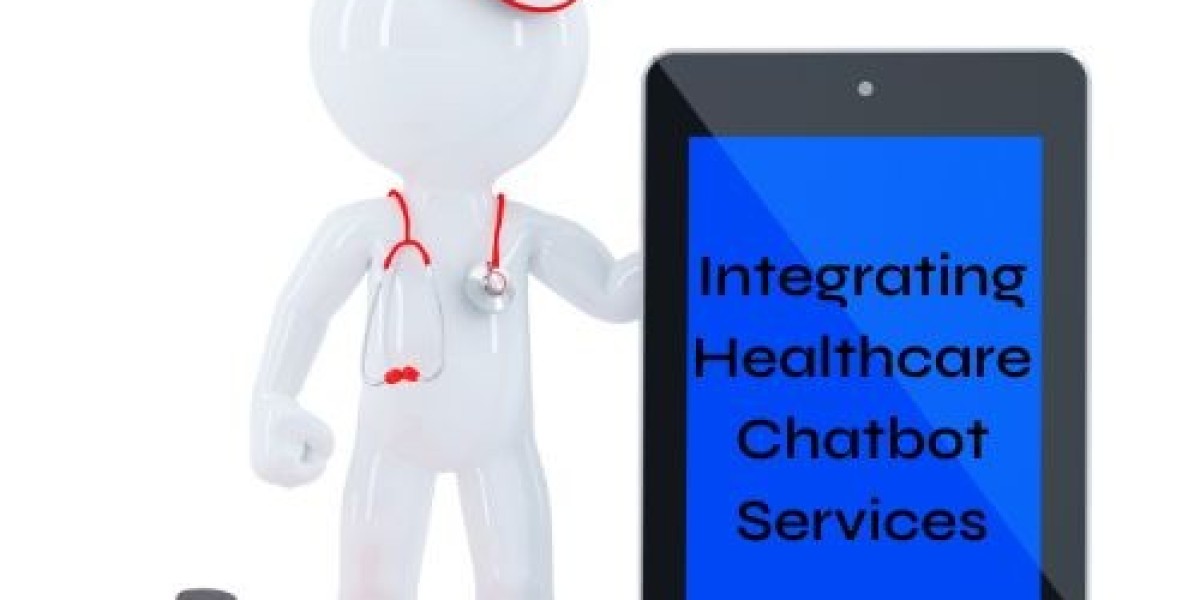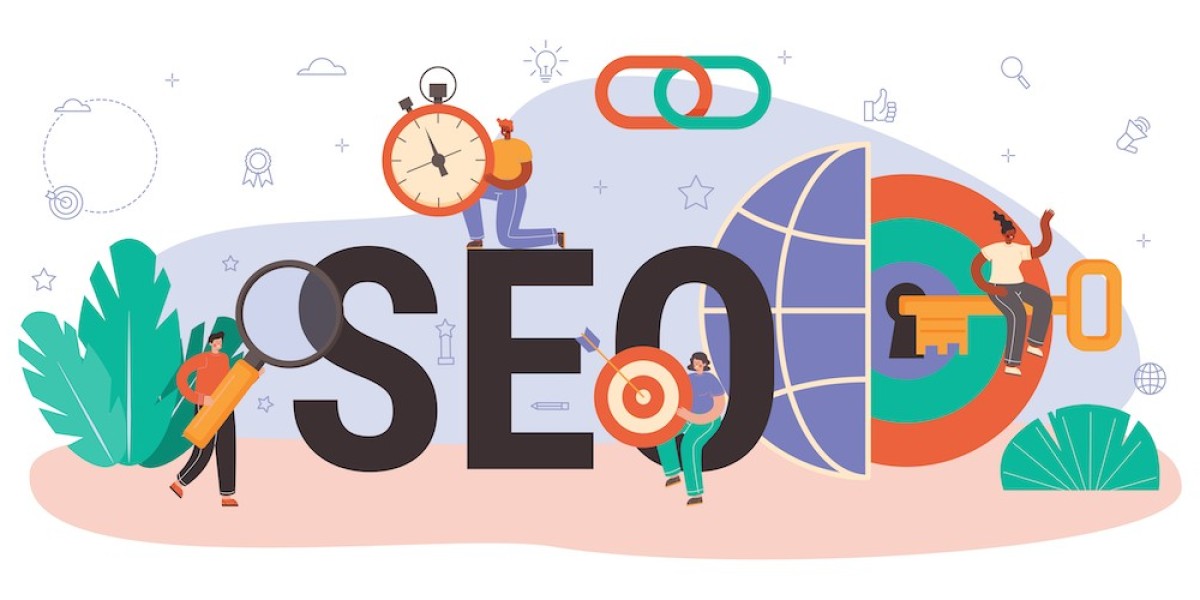Businesses across the globe have adopted a newer way of interacting with their customers and clients. Healthcare services are no exception. The use of chatbots in the healthcare sector has not just simplified the flow of information from businesses to clients and vice versa but also amplified the process of communication, making it prompt, customer-friendly, and quick.
Even a few years back, most industries, businesses, and corporates relied heavily on getting information from customers by having them fill out website forms, but this trend has become obsolete now, if not completely out of trend. Instead, the use of chatbot services has now become the new normal, transcending across various industries and business houses.
How Does A Chatbot Work?
Today, the use of healthcare chatbot services is no longer restricted to customer services only. It is now used for multiple purposes, including diagnosing diseases, offering consultations for mental health, or responding to customers’ general queries relating to overall health and well-being.
When it comes to healthcare chatbot services, they come with a host of interesting features and benefits.
Features at a Glance
Tracking and Monitoring: The chatbots track patients’ behavior, anxiety, and weight-related changes from time to time. It helps medical practitioners and doctors understand the patient’s overall health issues from a certain time period.
Full Data Secrecy: Chatbots in healthcare services are data-sensitive. It means patients’ health-related information and data are fully safe and secured. For example, if a patient is suffering from mental health issues, only the concerned mental health counselor and the patient will know it, nobody else.
Special Functions: Depending upon the case and the patient’s overall health conditions, AI-enabled chatbot apps can now also track heart rhythm, pulse, body temperature, and oxygenation using compatible mobile sensors.
Emergency Services: Some healthcare chatbots do provide immediate responses, alerts, and emergency reminders to assist patients with real-time interaction in times of medical urgency.
Now that you’ve understood the basic features, let’s take a look at some of the irresistible benefits that chatbots bring to the healthcare industry.
Benefits of Healthcare Chatbot Services
Data Management: Healthcare chatbots are efficient in handling massive healthcare data sensitively and discreetly without fear of data breaches. Some of the basic information that chatbots can store in their data repository are disease symptoms, markers, and available treatment options for various diseases. There is no end to it. The more information is fed into its system, the better its output will be while interacting with patients. These AI-empowered chatbots are quick to check the questions of the user and provide relevant answers to them based on their queries.
Fix Appointment: Connecting with doctors can be overwhelming for patients who are looking for immediate medical assistance or are suffering from anxiety disorders. Now, chatbots integrated into the medical practice system can easily grab patients’ information and other relevant data from them. Chatbots can assist patients by informing them about available slots, the working hours of doctors, and other crucial pre-visit information that patients often search online.
Chatbots interact with patients to understand their health history, and current problems, and find matching physicians or medical consultants who can help them further.
Insurance Claims and Inquiries: Chatbots also help patients with queries relating to insurance claims and relevant doubts. Integrating RPA with chatbots can simplify claim processing and healthcare billing, which can be convenient for both patients and doctors.
In Conclusion
The healthcare industry is likely to benefit immensely through chatbot services in their patient-handling systems. The market size of chatbots is likely to touch the $1 billion figure by the end of this year. It’s high time medical practices integrated healthcare chatbot services into their patient support services as it is likely to augment their ROI and patients’








